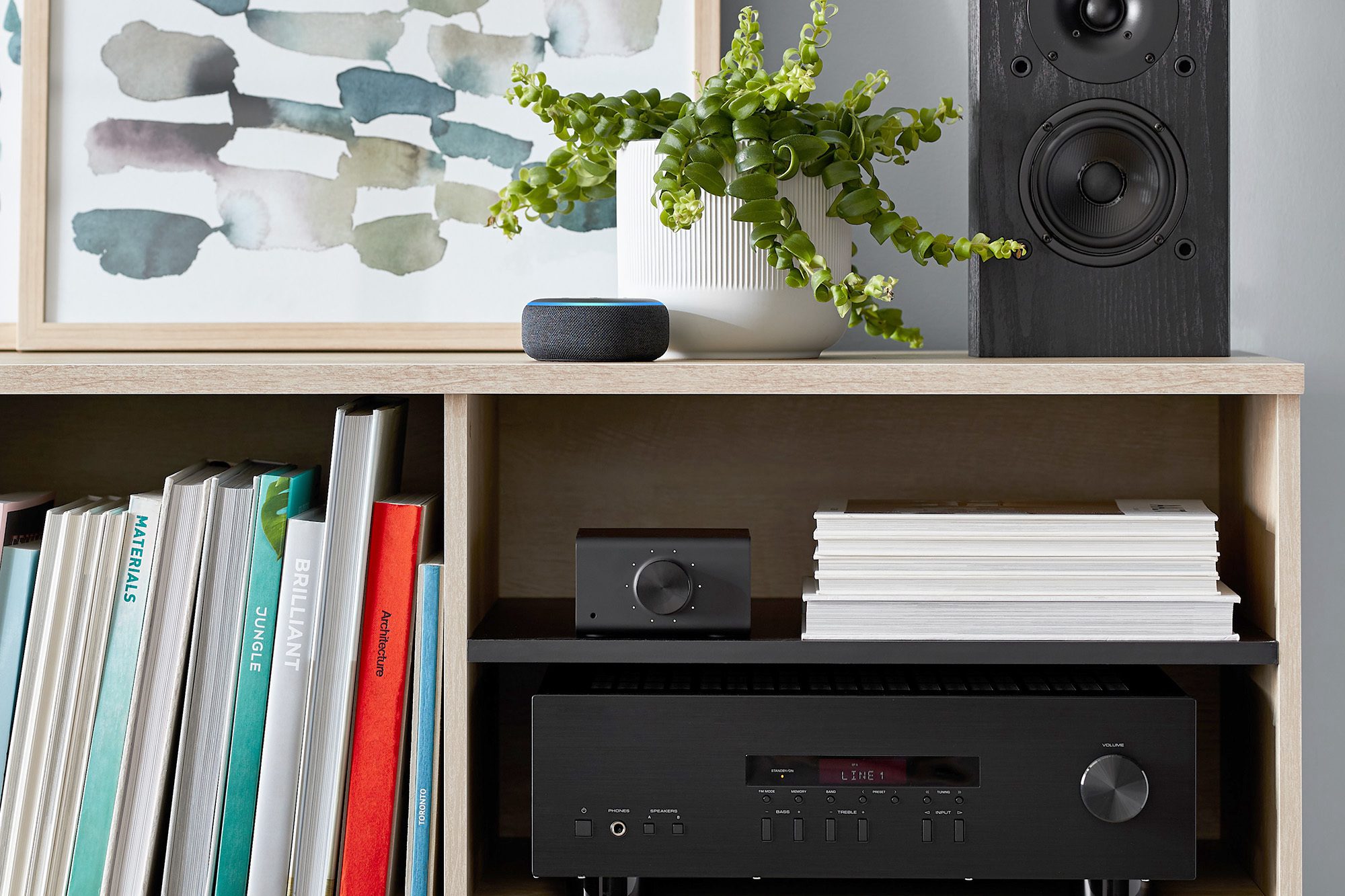
Photo by Amazon
After a while you learn to recognise the hype cycle. First there are rumours from insiders. Then sneak peeks on industry blogs. Before long the whispers turn to shouts, and the mania begins.
So it was with the rise of voice activated devices.
Apple’s Siri, Amazon’s Alexa, and Google’s nameless voice assistant were, we were assured for a few years, about to change everything in the tech business.
Voice shopping on Alexa could generate more than $5 billion a year by 2020, said RBC Capital Markets.
Ad spending on voice assistants would reach $19 billion by 2022, proclaimed Juniper Research.
“Alexa has the best shot of becoming the third great consumer computing platform of this decade — next to iOS and Android, a computing service so ubiquitous that it sets a foundation for much of the rest of what happens in tech,” announced the New York Times in 2018.
But that is not really what happened.
We certainly bought a lot of these things, despite the privacy concerns. And this Christmas we will collectively buy a whole lot more of them.
In my home various voice enabled devices do everything from setting alarms and playing music to switching on lights and answering random questions.
Our TVs, laptops, wifi extenders, phones and cars have the functionality baked in.
They are undoubtedly a useful, if inessential, addition to our lives.
But in terms of generating vast amounts of revenue for the companies that make them? Not so much.
Ten years after launching Alexa, Amazon appears to be having second thoughts about its game-changing potential.
The company’s Alexa division was apparently responsible for losing somewhere in the region of $3 billion in the first quarter of this year.
According to Amazon insiders pretty much every attempt to monetise Alexa has failed. The devices, which are sold at cost rather than for profit, were supposed to make money for Amazon when people used them.
But few people are willing to place an order using voice commands without seeing what they are buying (and checking the reviews).
Even prompts to re-order frequently purchased items often feel like an intrusion rather than a convenience (which is why I turned that feature off).
Amazon is not alone. “It has never been clear that Google Assistant makes money,” Ars Technica reported last month.
“Google Assistant never reads you an audio ad, and you never see an ad from the answer it returns.”
“Smart speakers were never really bought,” says Tom Goodwin. “They were sold.”









